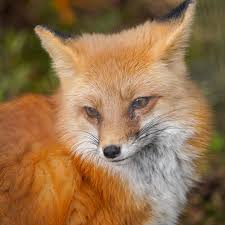Topic
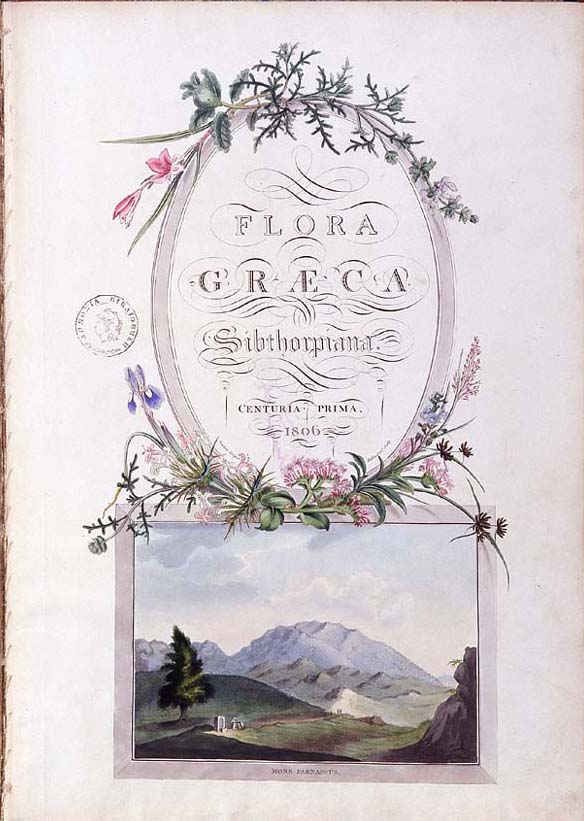
Flora
Flora (pl.: floras or florae) is all the plant life present in a particular region or time, generally the naturally occurring (indigenous) native plants. The corresponding term for animals is fauna, and for fungi, it is funga. Sometimes bacteria and fungi are also referred to as flora as in the terms gut flora or skin flora

Flowers
A flower, sometimes known as a bloom or blossom, is the reproductive structure found in plants that are floral (plants of the division Magnoliophyta, also called angiosperms). The biological function of a flower is to effect reproduction, usually by providing a mechanism for the union of sperm with eggs. Flowers may facilitate outcrossing (fusion of sperm and eggs from different individuals in a population) or allow selfing (fusion of sperm and egg from the same flower). Some flowers produce diaspores without fertilization (parthenocarpy). Flowers contain sporangia and are the site where gametophytes develop. Many flowers have evolved to be attractive to animals, so as to cause them to be vectors for the transfer of pollen. After fertilization, the ovary of the flower develops into fruit containing seeds. In addition to facilitating the reproduction of flowering plants, flowers have long been admired and used by humans to beautify their environment, and also as objects of romance, ritual, religion, medicine and as a source of food.
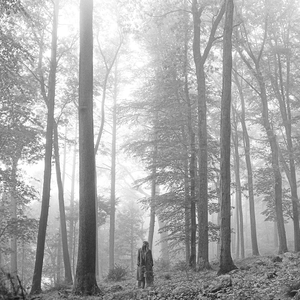
Folklore
Folklore is the body of expressive culture shared by a particular group of people; it encompasses the traditions common to that culture, subculture or group. These include oral traditions such as tales, proverbs and jokes. They include material culture, ranging from traditional building styles to handmade toys common to the group. Folklore also includes customary lore, the forms and rituals of celebrations such as Christmas and weddings, folk dances and initiation rites. Each one of these, either singly or in combination, is considered a folklore artifact. Just as essential as the form, folklore also encompasses the transmission of these artifacts from one region to another or from one generation to the next. For folklore is not taught in a formal school curriculum or studied in the fine arts. Instead these traditions are passed along informally from one individual to another either through verbal instruction or demonstration. The academic study of folklore is called folkloristics.

Folklore and Mythology
Incest in folklore and mythology serves multiple purposes as a recurring and intricate theme, often employed as a narrative mechanism to explain origins, or address the consequences of concealed identities. Its prevalence across diverse cultures, from polytheistic pantheons to tribal deluge myths, underscores its role as a versatile storytelling device.

Food
Food is any substance consumed by an organism for nutritional support. Food is usually of plant, animal, or fungal origin and contains essential nutrients such as carbohydrates, fats, proteins, vitamins, or minerals. The substance is ingested by an organism and assimilated by the organism's cells to provide energy, maintain life, or stimulate growth. Different species of animals have different feeding behaviours that satisfy the needs of their metabolisms and have evolved to fill a specific ecological niche within specific geographical contexts.

Food and Cooking
Cooking, also known as cookery or professionally as the culinary arts, is the art, science and craft of using heat to make food more palatable, digestible, nutritious, or safe. Cooking techniques and ingredients vary widely, from grilling food over an open fire, to using electric stoves, to baking in various types of ovens, reflecting local conditions. Cooking is an aspect of all human societies and a cultural universal.

Football (Soccer)
Football or soccer, is a team sport played between two teams of eleven players with a spherical ball. It is played by 250 million players in over 200 countries and dependencies making it the world's most popular sport. The game is played on a rectangular field with a goal at each end. The object of the game is to score by getting the ball into the opposing goal. Players are not allowed to touch the ball with their hands or arms while it is in play, unless they are goalkeepers (and then only when within their penalty area). Other players mainly use their feet to strike or pass the ball, but may also use their head or torso. The team that scores the most goals by the end of the match wins. If the score is level at the end of the game, either a draw is declared or the game goes into extra time or a penalty shootout depending on the format of the competition. The Laws of the Game were originally codified in England by The Football Association in 1863. Association football is governed internationally by the International Federation of Association Football (FIFA; French: Fédération Internationale de Football Association), which organises World Cups for both men and women every four years.
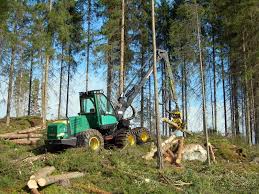
Forestry
Forestry is the science and craft of creating, managing, planting, using, conserving and repairing forests and woodlands for associated resources for human and environmental benefits. Forestry is practiced in plantations and natural stands. The science of forestry has elements that belong to the biological, physical, social, political and managerial sciences. Forest management plays an essential role in the creation and modification of habitats and affects ecosystem services provisioning
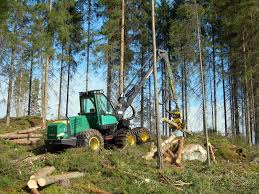
Forests
Forestry is the science and craft of creating, managing, planting, using, conserving and repairing forests and woodlands for associated resources for human and environmental benefits. Forestry is practiced in plantations and natural stands. The science of forestry has elements that belong to the biological, physical, social, political and managerial sciences. Forest management plays an essential role in the creation and modification of habitats and affects ecosystem services provisioning

Formula One
Formula One, commonly known as Formula 1 or F1, is the highest class of international racing for open-wheel single-seater formula racing cars sanctioned by the Fédération Internationale de l'Automobile (FIA). The FIA Formula One World Championship has been one of the world's premier forms of racing since its inaugural running in 1950. The word formula in the name refers to the set of rules all participants' cars must follow. A Formula One season consists of a series of races, known as Grands Prix. Grands Prix take place in multiple countries and continents on either purpose-built circuits or closed roads.

Fortresses / Strongholds
A fortification (also called a fort, fortress, fastness, or stronghold) is a military construction designed for the defense of territories in warfare, and is used to establish rule in a region during peacetime. The term is derived from Latin fortis ("strong") and facere ("to make").
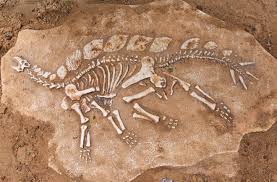
Fossils
A fossil (from Classical Latin fossilis, lit. 'obtained by digging') is any preserved remains, impression, or trace of any once-living thing from a past geological age. Examples include bones, shells, exoskeletons, stone imprints of animals or microbes, objects preserved in amber, hair, petrified wood and DNA remnants. The totality of fossils is known as the fossil record. Though the fossil record is incomplete, numerous studies have demonstrated that there is enough information available to give a good understanding of the pattern of diversification of life on Earth. In addition, the record can predict and fill gaps such as the discovery of Tiktaalik in the arctic of Canada

Freeclimbing
Free climbing is a form of rock climbing in which the climber can only use climbing equipment for climbing protection but not as an artificial aid to help them in ascending the route.Free climbing, therefore, cannot use any of the tools that are used in aid climbing to help overcome the obstacles encountered while ascending a route. The development of free climbing was an important moment in the history of rock climbing, including the concept and definition of what determined a first free ascent (or FFA) of a route by a climber.

Freedom Fighters
A freedom fighter is a person engaged in a resistance movement against what they believe to be an oppressive and illegitimate government.

Freedom from hunger
Freedom from Hunger (established in 1946, and now part of the Grameen Foundation) is an international development nonprofit organization working in nineteen countries. Freedom from Hunger focuses on providing small loans and business education to poor women

French Revolution
The French Revolution was a period of political and societal change in France that began with the Estates General of 1789 and ended with the Coup of 18 Brumaire on 9 November 1799. Many of the revolution's ideas are considered fundamental principles of liberal democracy,and its values remain central to modern French political discourse. It was caused by a combination of social, political, and economic factors which the existing regime proved unable to manage.

